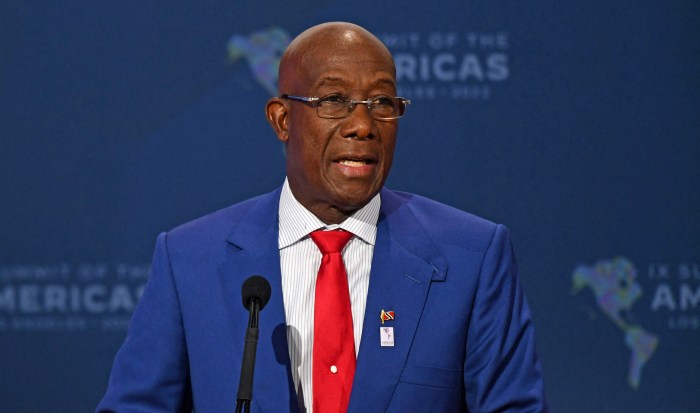 Lose weight in the way that’s sustainable for you.
Lose weight in the way that’s sustainable for you.
Credit: Fuse
Contradicting long-standing advice from doctors and nutritionists worldwide, a new study found that effective weight loss isn’t determined by how quickly you burn fat.
Dr. Joseph Proietto and his team at the University of Melbourne established that slow and steady weight loss does not reduce the amount or rate of weight regain when compared to rapid weight reduction.
Why slower weight loss isthe golden rule
“Around the world, most dietitians advise patients to lose weight gradually because they believe the quicker you lose it, the quicker it will be regained,” Proietto said. “This is based on the belief that obesity is largely due to poor lifestyle, so if you lose weight gradually it gives you time to change your habits and hence keep the weight off.”
Methodologyand results
The scientists monitored 200 obese adults (BMI 30–45) who were randomly assigned to either a 12-week rapid weight loss program on a very low calorie diet (450–800 calories per day); or a 36-week gradual weight loss program that reduced participants’ calories by 500 per day, in line with current dietary weight loss guidelines. Participants who lost more than 12.5 percent of their body weight were then placed on a weight-maintenance diet for three years.
The participants who lost weight faster were more likely to achieve their goal: 81 percent, compared to 50 percent of the slow-burn group. More surprisingly, the researchers found that weight regain was similar — around 71 percent — in both groups after the subsequent weight maintenance period.
Why the diets had different outcomes
Limiting carbohydrates as part of a very low calorie diet can promote a greater feeling of fullness by inducing ketosis: a metabolic state that forces the body to burn fat, leading to the production of ketones, the broken-down products of fat burning that are known to suppress hunger. Participants might also be more motivated to continue with the diet if they see rapid results.
Scientists at Pennington Biomedical Research Center in Louisiana added: “Efforts to curb the speed of initial weight loss might hinder [patients’] ultimate weight loss success.”
The dangerof diets
Very low calorie diets should always be started under the supervision of qualified experts, as they are aware of the most efficient methods to provide adequate protein and essential micronutrients while maintaining patients’ weight loss goals.






















